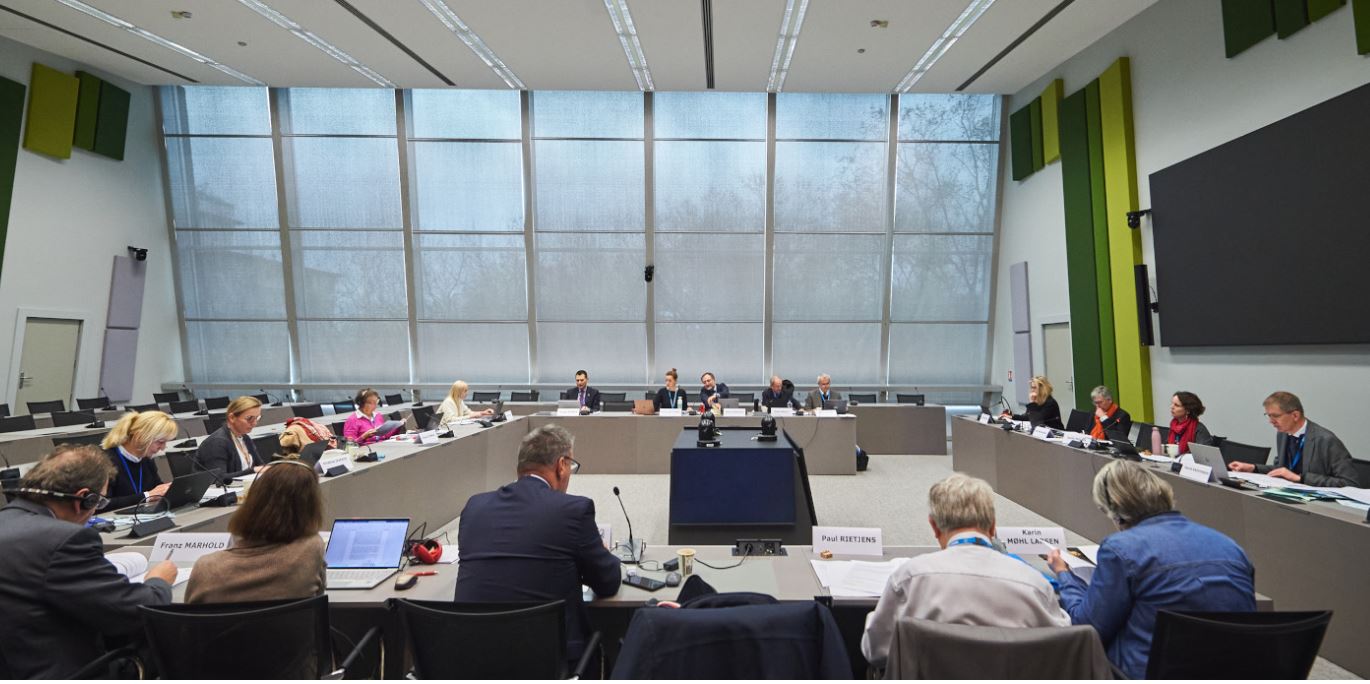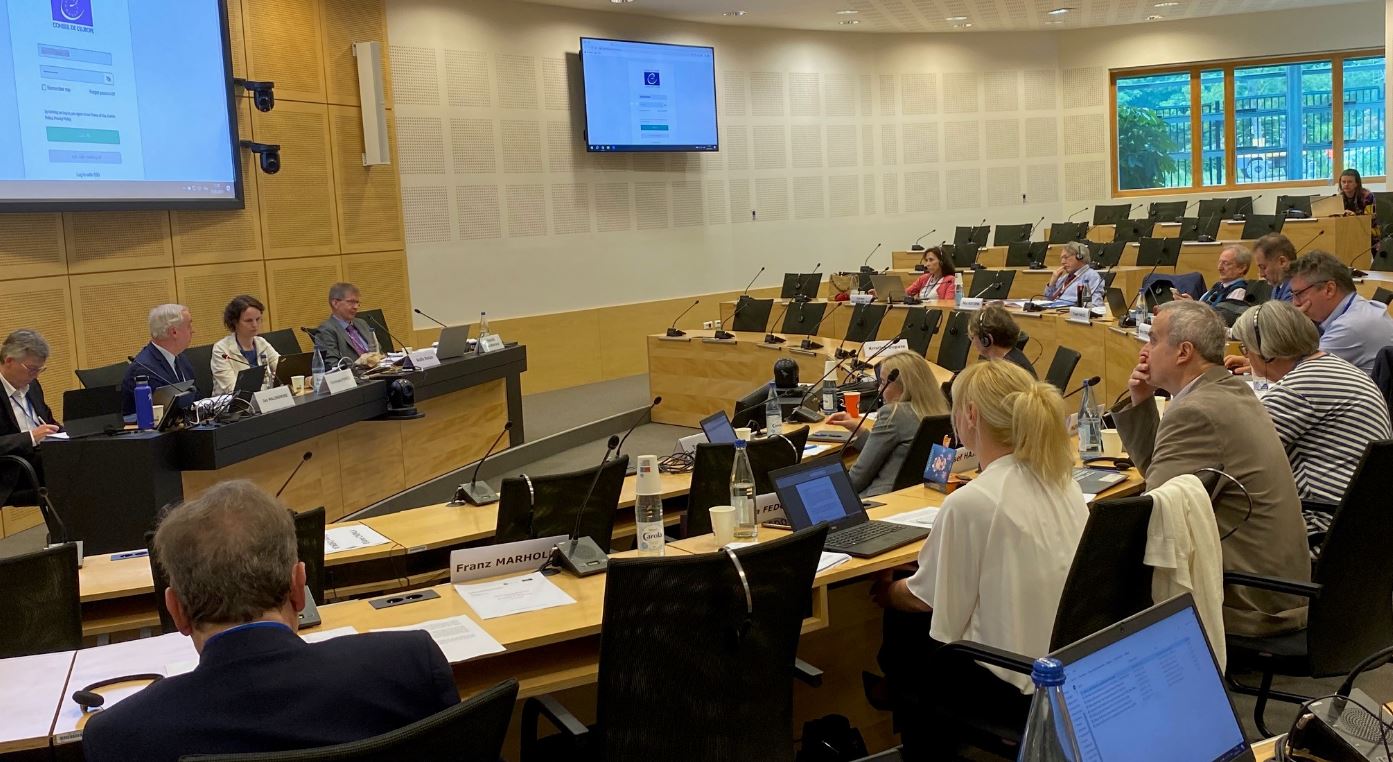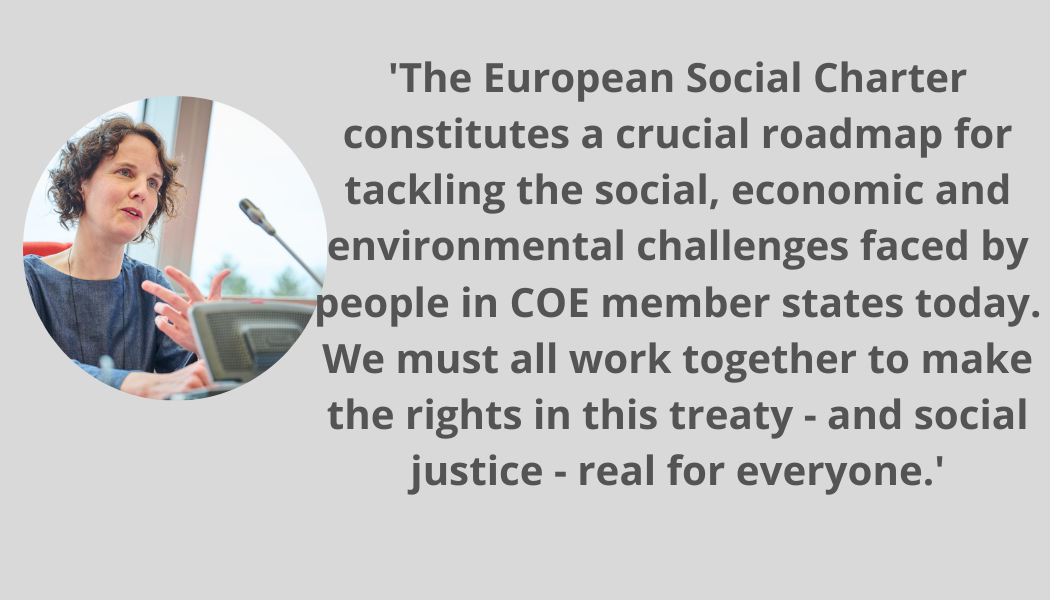The European Committee of Social Rights adopted during its 321st session (28 June-2 July 2021):
The complaint was registered on 27 April 2020. The ERRC states that in the context of police operations carried out on 4 and 5 April 2020 targeting two Travellers’ sites in the Couillet and Jumet areas of the municipality of Charleroi, families, including children, sick persons and a pregnant woman, had their caravans and property seized. The ERRC claims that this situation has to be considered within the wider context of police operations conducted against Traveller communities across Belgium since 2019 and which were the object of a previous collective complaint introduced in 2019 (ERRC v. Belgium, Complaint No. 185/2019, decision on admissibility and immediate measures of 14 May 2020). In the present case, the ERRC alleges that the police operations on 4 and 5 April 2020 in Charleroi were carried out without taking into account considerations of proportionality and without offering an alternative solution for the families concerned, such as provision of alternative accommodation, access to water, sanitation, electricity, food and medical services, and exposed the affected families to hardships and health risks, including those associated with COVID-19, in breach of Articles 1§2 (the right to work), 11§1 and 3 (the right to protection of health), 12§1 (the right to social security), 13§1 (the right to social and medical assistance), 16 (the right of the family to social, legal and economic protection),17 (the right of children and young persons to social, legal and economic protection), 30 (the right to protection against poverty and social exclusion), 31 (the right to housing) and E (non-discrimination) of the Charter.
The ERRC further requested the Committee to indicate to the Government immediate measures pursuant to Rule 36 of its Rules.
The Committee unanimously declared the complaint admissible on 29 June 2021 and decided that it was not necessary to indicate to the Government any immediate measures.
- The decision on the merits in Unione Nazionale Dirigenti dello Stato (UNADIS) v. Italy, Complaint No. 147/2017
The complaint was registered on 20 March 2017. UNADIS alleged that Italy has violated Articles 1 (right to work), 4 (right to a fair remuneration), 5 (the right to organise) (6 (right to bargain collectively) 24 (right to protection in case of dismissal) and E (non-discrimination) in conjunction with each of the provisions concerned of the Charter as regards the situation of some 800 tax agencies public employees who, after exercising under fixed-term contracts higher functions than those for which they had been initially recruited, have lost such functions due to changes in the legislation and case-law, without being entitled to regularise their position on the managerial posts they occupied for years. In particular, UNADIS alleged that, while in the private sector a worker is entitled to a contract of indefinite duration after working on fixed-term contracts for over 36 months successively, the same protection does not apply to public sector employees, including those appointed as managers (directors) of tax-agencies under fixed-term mandates, which were renewed in some cases for over ten years. Moreover, UNADIS alleges that tax-agencies employees appointed as managers under fixed-term mandates are treated differently from tenured managers in respect of end-of-service payments, pension entitlement and sickness benefits. Finally, UNADIS complained that the experience gained when working as tax-agencies managers under fixed-term mandates cannot be taken into account for future competitions.
Pursuant to Article 8§2 of the Protocol providing for a system of collective complaints, this decision will not be made public until after the Committee of Ministers has adopted a resolution, or no later than four months after it has been transmitted to the Committee of Ministers.







